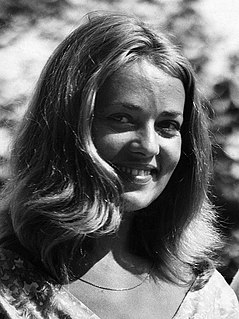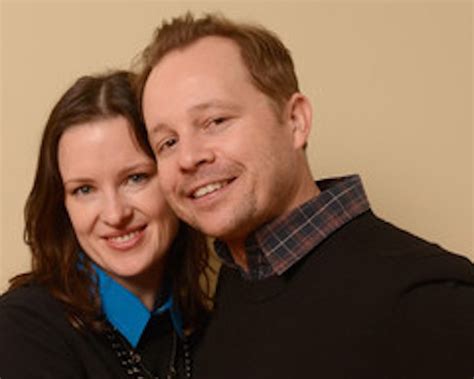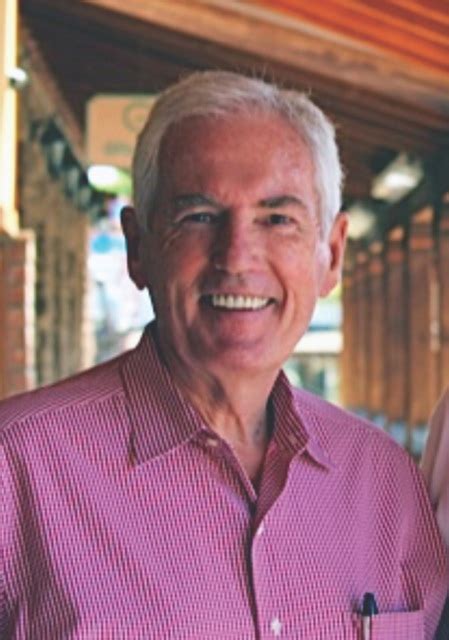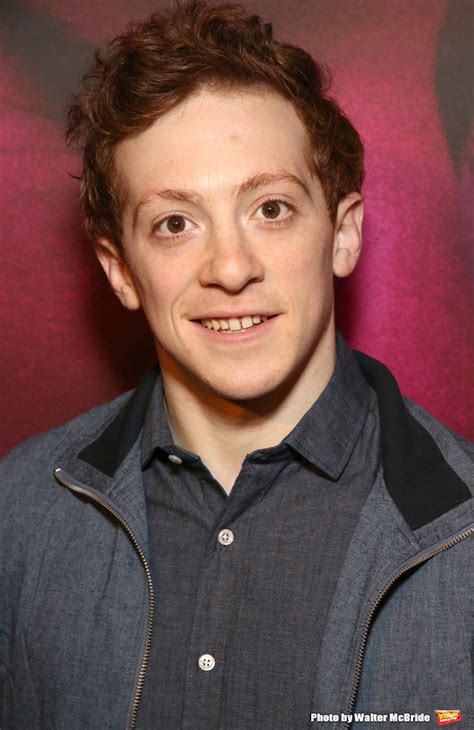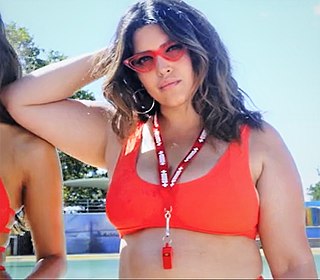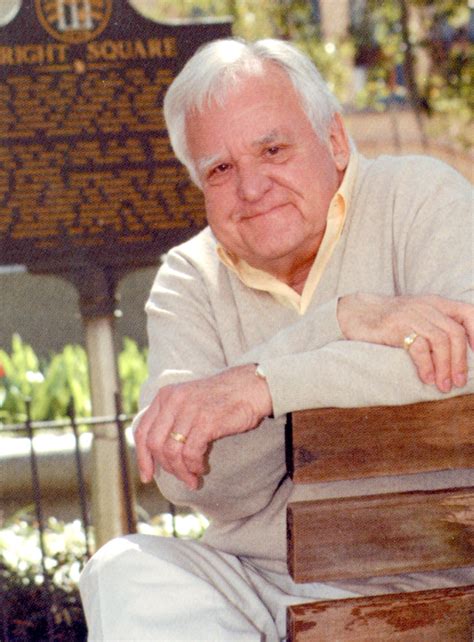A Quote by Shailene Woodley
I started studying indigenous cultures and I was really inspired by their life styles and the way that they lived. Part of that was knowing how to survive in the wild and knowing how to heal themselves from the plants that grew around them.
Related Quotes
I started studying herbalism and edible plants that existed in the wild. And then I realized, "Okay, cool. I know how to make a fire with sticks and I know how to build a shelter, but I live 90 percent of my life in an urban environment, so these skills aren't really going to help me because there aren't trees that grow in Los Angeles that I can just take a branch and make fire out of, because that wood isn't conducive for that. So I started learning urban survival skills.
When you coach and teach leadership, most people think about them. It's like you're the leader and how do you influence them. Clearly, leaders do take their followers, their flock, their enterprise, their business - whatever - hopefully to a better place. But I think the foundation of what makes really great leaders is they lead themselves, and they're conscious about knowing themselves and coaching and leading themselves in a very profound way. The simplest of us talk to ourselves. The question is, "Do we really lead ourselves?"
I never really knew what it meant, to win, until one day I was flying on the Phoenix Suns airplane, the team plane, on the way to Chicago. I was talking to Danny Ainge on this flight, and he was talking about the concept of knowing how to win. And so he proceeded to give me from his perspective as an athlete, and now he's a coach, what the whole concept of knowing how to win is, and he said part of it is rooted in experience, the experience of winning, but it's attitudinal, it's the belief that you should, it's the belief that you can, it's the belief.
The pain comes from more than the facts of circumstance, or the deeds of others. It comes from within. From understanding what we lost. It comes from knowing how foolish we were - vain, arrogant children - when we thought ourselves happy. It comes from knowing how fragile and doomed the old ways were, just when we thought them and ourselves, secure!. The pain comes from knowing we have never been safe, and therefore will never be safe again. It comes from knowing we can never be children again.
A large part of the impresario's job has to do with maintaining and communicating standards of performance. Knowing how to set those standards - which are often more subjective than analytical - means knowing how to communicate the difference between something that is great and something that is just O.K.
I have to go into the studio to make my second album knowing I'm making an album. When I first started making songs I didn't have an album in mind, that's why a lot of them I like - I'm talking about how I haven't got a deal, how I'm living, you can never really top the first time, but we'll see how it goes.






